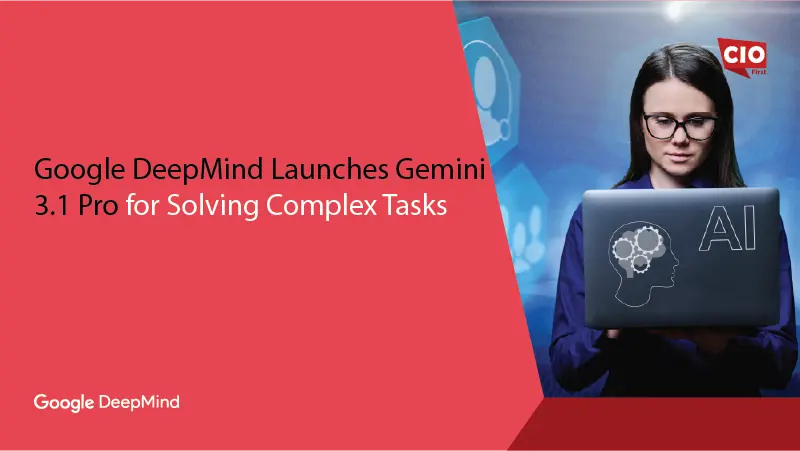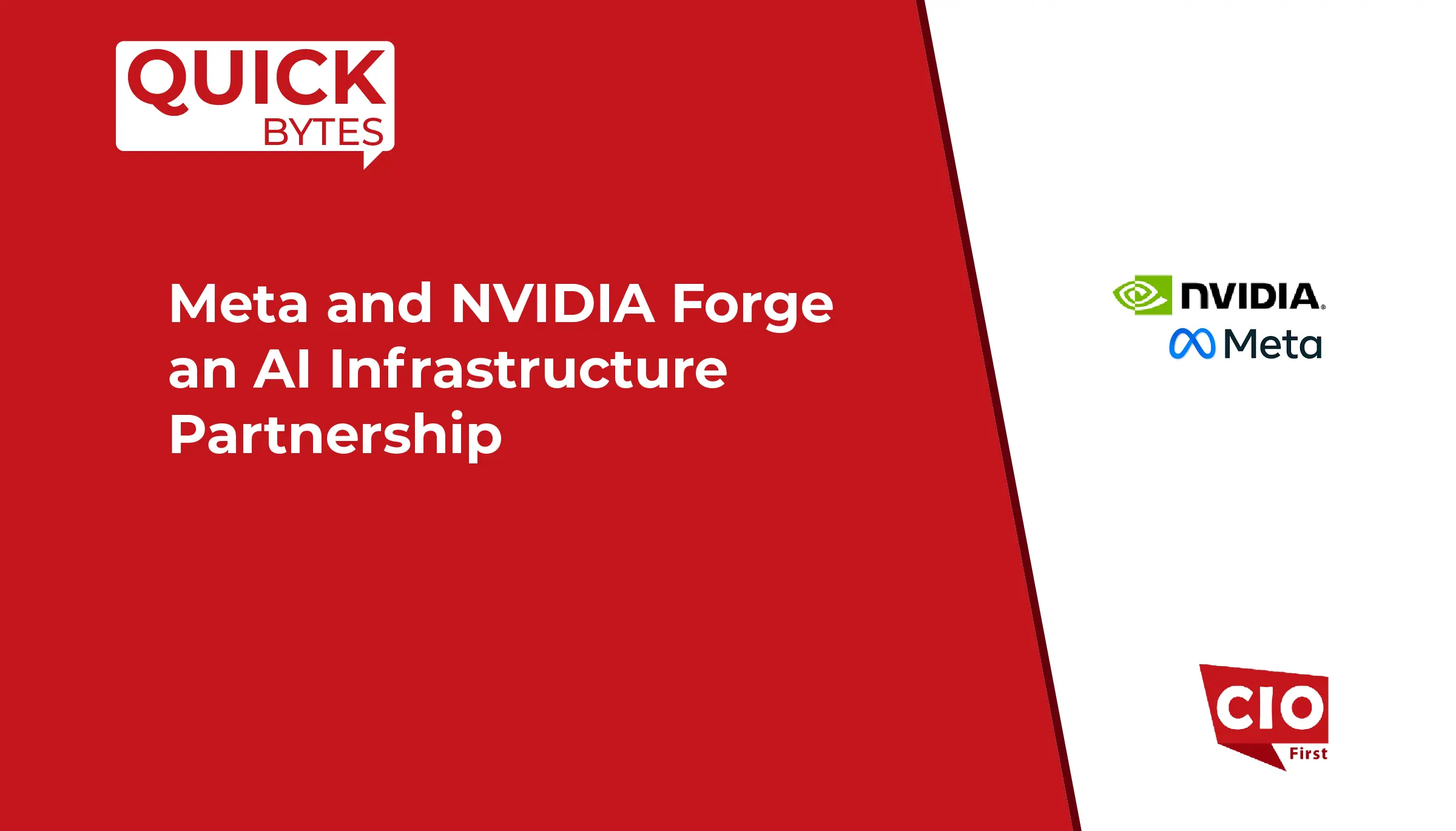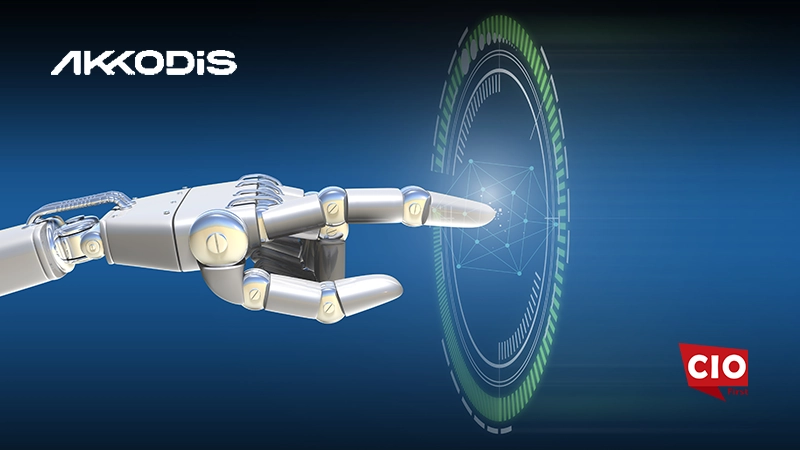Global digital engineering firm Akkodis unveiled compelling evidence of how applied artificial intelligence (AI) is delivering substantial impact across life sciences, financial services, IT operations and manufacturing. The announcement highlights a suite of successful implementations that showcase measurable results, from production scheduling reduced from days to seconds, to workforce upskilling and automation savings.
“Akkodis is focused on using AI as a practical lever to solve complex problems, elevate quality and empower people to work in new ways,” said Jo Debecker, President & CEO of Akkodis.
With its branded framework of “Akkodis Intelligence,” the company emphasises a blend of human ingenuity and technology to deliver sustainable transformation at scale.
Highlights of Real-World Impact
Akkodis shared three tangible use-cases demonstrating how AI-driven change is moving from theory to execution:
Life Sciences: Scheduling Acceleration: In partnership with a global healthcare manufacturer, AI improved supply and demand. It cut production scheduling from five days to seconds. This solution blends combinatorial optimization with human choices. It allows for scaling across the entire manufacturing process.
Financial Services: Skills & Productivity: Working with Microsoft Worldwide Learning and the Commonwealth Bank of Australia, Akkodis launched tailored boot camps and hands-on training. This helped teams use tools like GitHub Copilot effectively. As a result, about 30% of AI-generated code was accepted. Development time decreased, and accuracy improved.
IT Operations & Automation in Japan: A generative AI and low-code initiative in Japan helped over 2,000 employees (81% of staff) become AI-proficient in 10 months. The program saved over 15,000 hours a year by automating tasks in claims and sales operations.
These outcomes collectively demonstrate how AI is delivering scalable, measurable business outcomes, not just proof-of-concepts.
Why This Matters for the IT Industry
For technology leaders, IT operations teams and chief information officers, the Akkodis announcement signals several important shifts:
AI becomes embedded in engineering and operations. Rather than being siloed in labs, AI is now integrated into core practices, scheduling, code generation, workflows, making IT infrastructures more responsive, efficient and future-driven.
Data, analytics and low-code/AI toolkits converge. The Japanese example highlights how low-code platforms and generative AI are democratising automation for large workforces. Talent-led transformation is replacing purely technology-driven projects.
Skills transformation accelerates. With over 2,000 employees trained in AI within months, the bar for workforce readiness is rising. IT departments must rethink training, change management and roles, moving from tool-operator to AI-agent overseer.
Operational velocity and efficiency gains multiply. Reducing scheduling from days to seconds in manufacturing is emblematic of what IT teams can achieve when AI is applied end-to-end. The net effect: faster time-to-value, fewer delays and leaner infrastructure.
Responsible AI and governance become strategic priorities. Akkodis emphasises “human-in-the-loop” and up-skill over just algorithmic output. IT and security teams must bake ethical, transparent AI practices into deployment to support trust and compliance.
What are the Broader Implications on Businesses across Industries
Beyond IT, the ripple effects for businesses operating in sectors such as manufacturing, healthcare and financial services are significant:
Competitive agility and market response. Organisations that adopt AI-driven operational models can respond faster to change, scale more easily and adapt their workforce and technology ahead of disruption.
Cost-to-value shift. As seen in the scheduling case, dramatic efficiency gains translate directly into cost savings and margin improvement. Areas like code development, operations and workflow automation are ripe for value capture.
Talent strategy reshaped. With AI proficiency becoming a key workforce differentiator, businesses will have to invest in training, culture change and new role definitions, shifting from manual to cognitive-automation focus.
Ecosystem and partner power. The collaboration between Akkodis and Microsoft/learning platforms demonstrates how ecosystems contribute to scale. Businesses must look beyond in-house capabilities and partner to gain speed and best-practice knowledge.
Sustainable transformation, not one-off fixes. Akkodis uses the term “scalable transformation.” For firms, that means change isn’t episodic, it’s embedded. Companies aligning people, processes and technology continuously will outperform peers.
Conclusion
Akkodis’ announcement marks a shift from optional AI testing to widespread use across industries. For IT leaders, the message is clear: integrate AI into operations, expand training, and use low-code workflows. Also, apply analytics for process optimization. All businesses should combine AI with human talent. They should work together in ecosystems and seek measurable results, not just run pilot programs.
As technology and talent come together, organizations that succeed will view AI as a core driver of transformation. In the AI age, innovation isn’t just about doing more; it’s about doing differently and doing it faster.























